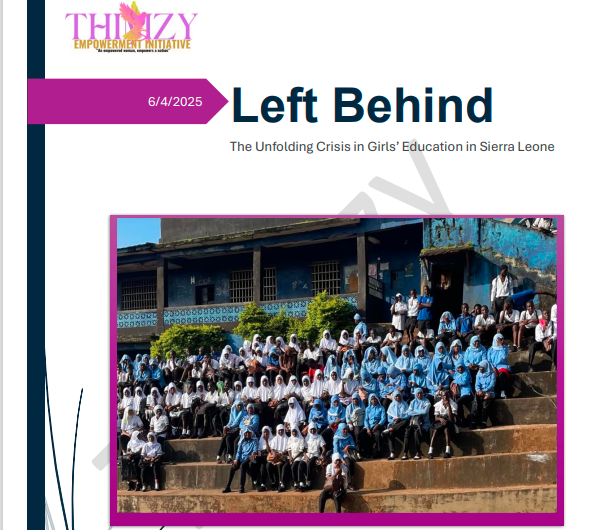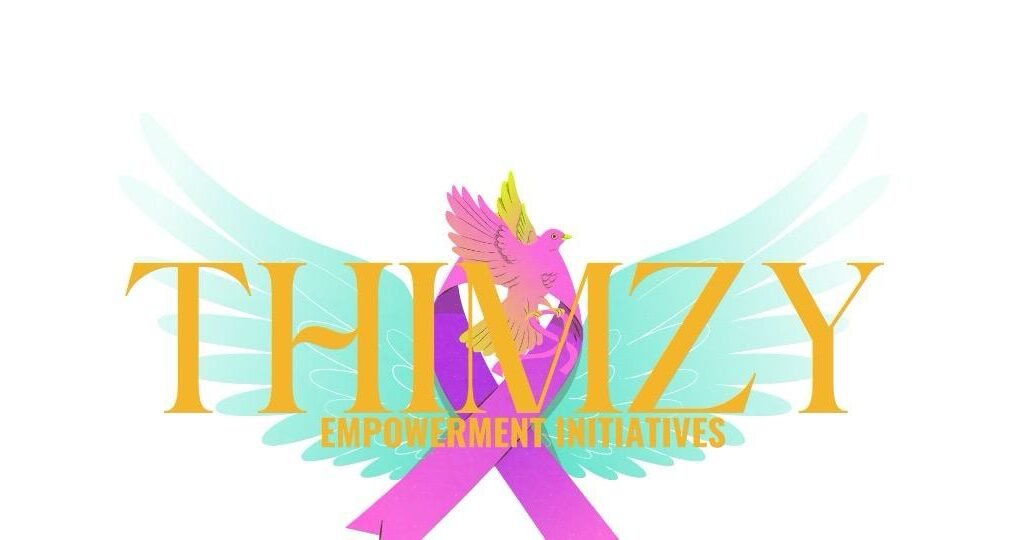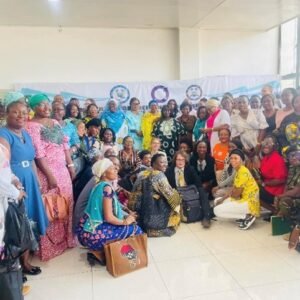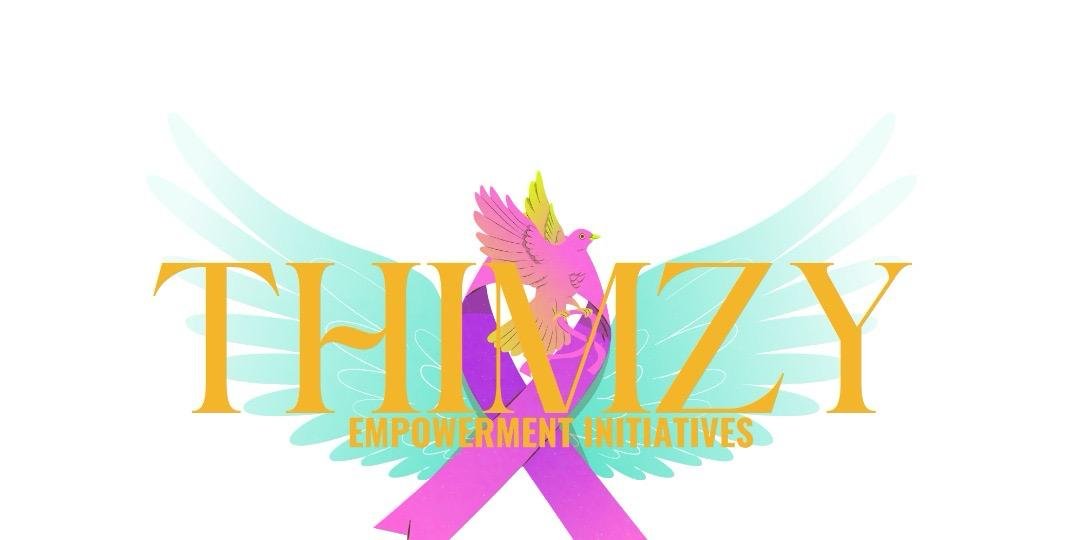Abstract
Education is a fundamental human right and a cornerstone of the Sustainable Development Goals (SDGs), particularly SDG 4, which promotes inclusive, equitable, and quality education for all. This article critically examines the current state of education in Sierra Leone, focusing on literacy disparities and the gendered dimensions of school retention. Despite commendable government interventions such as the Free Quality School Education (FQSE) initiative launched in 2018 and the enactment of the Gender Equality and Women’s Empowerment (GEWE) Act in 2022, structural barriers continue to hinder the educational advancement of girls. Persistent challenges include high dropout rates linked to poverty, early marriage, and adolescent pregnancy, all of which are exacerbated by inadequate infrastructure and policy enforcement gaps.
The recent exclusion of thousands of students from the West African Senior School Certificate Examination (WASSCE) has further illuminated systemic vulnerabilities within the education system, disproportionately impacting female students from marginalized communities. Drawing on the lived experiences of beneficiaries of the Thimzy Empowerment Initiative, this article underscores the urgency of integrated policy reforms, including gender-responsive budgeting, expanded digital literacy and capacity-building for educators, and strengthened accountability mechanisms involving government, civil society, and community stakeholders.
Ultimately, ensuring equitable access to education for girls in Sierra Leone is not only a moral imperative but a strategic necessity for sustainable national development and the fulfillment of the country’s Education Sector Plan (2022–2026). Without inclusive education reforms, the nation risks undermining its broader social and economic development goals.





